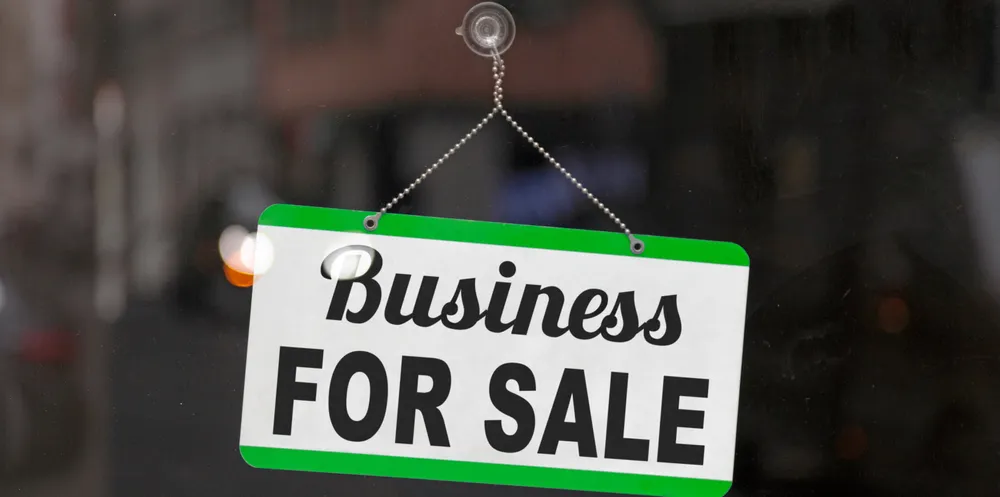So you want to sell your seafood company? It's not so simple but here's how to do it
In this week's IntraFish podcast, Antarctica Advisors Managing Partner Ignacio Kleiman talks about M&A and 'selling your baby.'

In this week's IntraFish podcast, Antarctica Advisors Managing Partner Ignacio Kleiman talks about M&A and 'selling your baby.'
